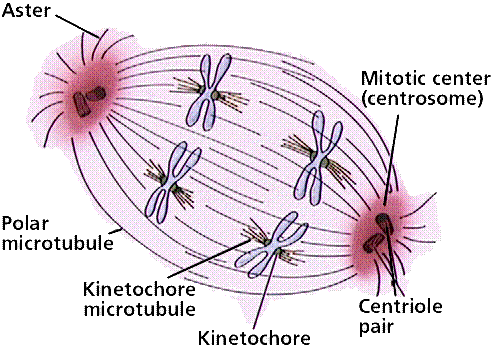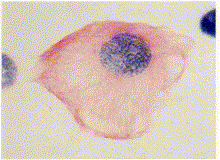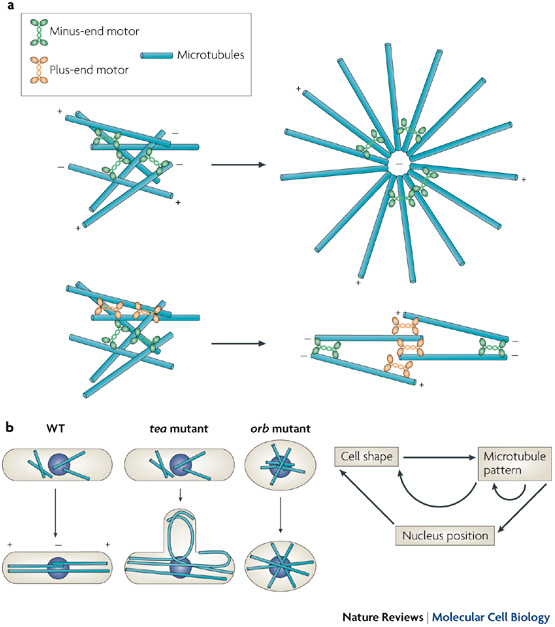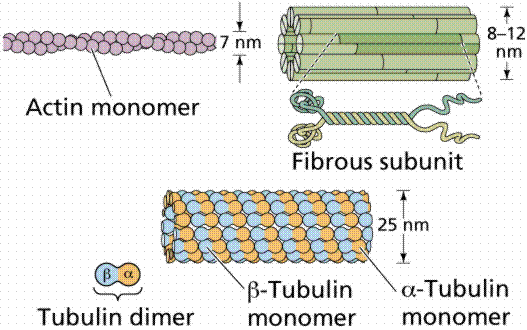 Quantum Biology?
Quantum Biology? Navigating the site:
"Anyone who is not shocked by the quantum theory does not understand it."
Quantum scales | Superposition | Mitosis | Microtubules | Form follows function | Calcium | Ca atoms
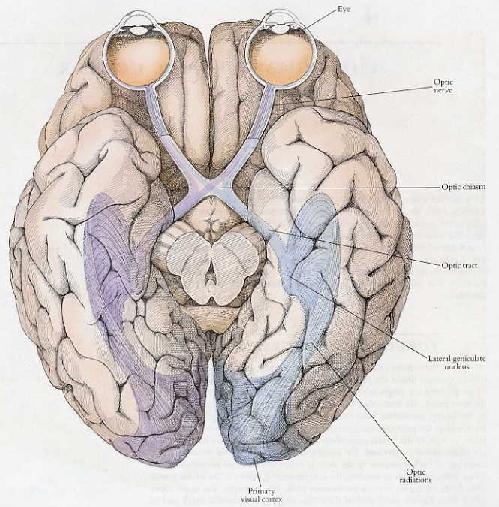 Quantum
Insights and Neurobiology
Quantum
Insights and Neurobiology
... strings . . . . . . . molecules ............. human scale
"The brain's neurons contain hollow cylindrical polymers called microtubules. These are in turn made up of individual proteins known as tubulin, which can exist in a superposition of two slightly different shapes. Penrose and Hameroff maintain that microtubules have just the right properties for the superposition to be maintained, and spread to surrounding tubulins."
Quantum: A Guide for the Perplexed, (Jim Al-Khalili (2005), p. 264.
Discovery of Quantum vibrations in microtubules inside brain neurons corroborates controversial 20-year-old theory of consciousness. Stuart Hameroff and Sir Roger Penrose, 1-16-2014.
Max Tegmark, "Anything Goes," (1998). New Scientist, June 6, 1998. pages 26-30.
Quantum scales | Superposition | Mitosis | Microtubules | Form follows function | Calcium | Ca atoms
Quantum superposition is a fundamental principle of quantum mechanics that holds that a physical system—such as an electron—exists partly in all its particular possible states at the same time.
The concept of quantum superposition is according to physicists a strange property of quantum waves and particles at the very smallest levels of existence that fill very tiny spaces.
"... quantum mechanics tells of a very different reality at the subatomic level. . . . the quantum world may seem unbelievable to us when judged according to the prejudiced views of our everyday experiences –what we call common sense. But the alien way that quantum objects behave is beyond any doubt. A single atom can travel down both roads. . . . they can sample all possible experiences simultaneously."
"the quantum phenomenon known as 'superposition' manifests itself. … unique to the quantum domain."
Al-Khalili, p. 22.
"However strange you may find the predictions of quantum mechanics, it must be emphasized that it is not the theory – humankind's invention – that is strange, but rather Nature herself that insists on such a strange kind of reality in the microscopic scale."
Al-Khalili, p. 21.
Five levels of existence from largest, our human scale at the bottom to quantum scale, smallest at the top.
At the intersection of very tiny spaces and at enormously fast velocities where matter and energy cease to behave as we are accustomed to experiencing in our everyday milieu, scientists have experimentally proven that you have to resort to quantum mechanical explanations.
Mitosis, or cell division, is not possible without microtubules.
David Deutsch, an Oxford physicist, conceived of a quantum computer based in part on utilizing the principle of superposition.
"Deutsch's machine would operate according to quantum principles to simulate any physical process. It required a row of quantum systems that could each of exist in a superposition of two states, such as atoms in superpositions of two energy levels. These quantum systems would then be entangled together to create quantum logic gates that would be made to perform certain operations."
Al-Khalili, p. 255.
"However, if a quantum system, such as an atom, is used then it could exist in two states at once. A qubit (quantum byte) can thus be off and on at the same time, just so long as it can be kept isolated from its environment."
"Certain problems that might take a normal supercomputer years to solve could be cracked in a fraction of a second."
Ibid.
Quantum scales | Superposition | Mitosis | Microtubules | Form follows function | Calcium | Ca atoms
Microtubule structure
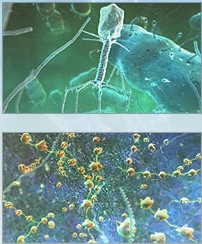
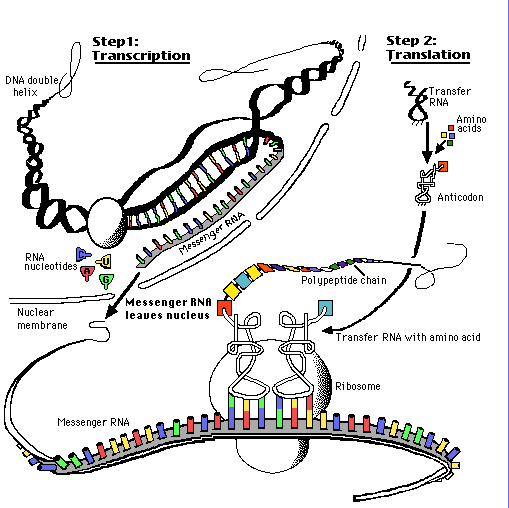
- diameter = 25 nanometers,
- 8 nanometers 8 nanometers per segment length of tubulin building block,
- 500 to 300 nanometers
in length for the entire extension of the tubule.
The genes give rise to the amino acids that are found in the tubulin protein; there are about 17 varieties of b tubulin exist in mammal brains!
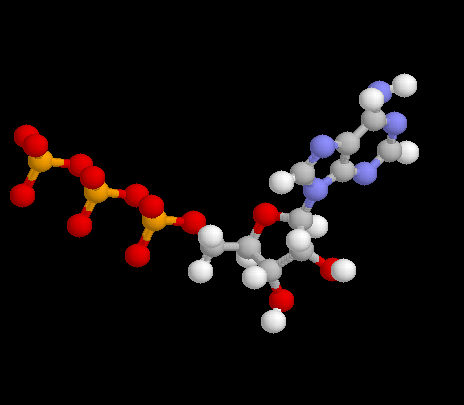 |
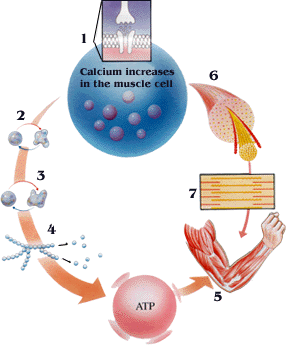 |
|---|---|
Quantum scales | Superposition | Mitosis | Microtubules | Form follows function | Calcium | Ca atoms
calcium hardens under high pH, or alkaline conditions.
Stuart Hameroff, "Quantum Coherence in Microtubules:" Journal of Consciousness Studies, 1; #1, Summer 1994, p. 109.
Calcitonin is a vertebrate hormone
from mammalian thyroid / or gill pouches in fish
which controls the blood levels of calcium in the PTH parathyroid hormone
"the filaments convert chemical energy into mechanical energy…"
"the contraction of muscle is caused by the calcium regulated sliding of actin and myosin filaments."
Calcium carbonate skeletons have been found in sediments that are 600 million years old!calcium sink (supply) within a cell calcium needed for motility in muscles & microtubular construction "in order to deposit a calcium carbonate shell, a cell must regulate the concentration of calcium in its interior (cytoplasm)
"low intracellular calcium concentration is necessary for the formation of microtubules (MT) of the mitotic spindle."Lynn Margulis, Early Life, (1984), pp. 104-105, 135-137.
Quantum scales | Superposition | Mitosis | Microtubules | Form follows function | Calcium | Ca atoms
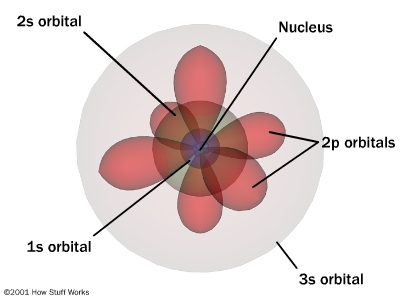 Calcium atoms can form a lattice pattern for stability.
Calcium atoms can form a lattice pattern for stability. 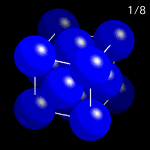
40.08 is the Atomic Mass of Ca, or calcium
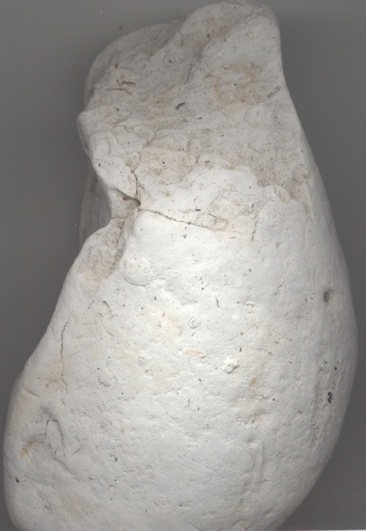
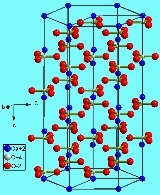
Marl or chalk is calcium carbonate, a molecular crystal.
Calcium was originally called an alkali earth.
Its chemical affinity is an electrical phenomenon related to the missing electrons in the outer shell of Ca.
The external or outer shell of Calcium atoms has the same reactive potential (valence) as the more massive atom Strontium. Radioactive strontium-90 readily replaces Ca in the bones, or cells and can increase the risk of cancer because radiation ionizes the surrounding atoms that are the building blocks of molecules.
William Brock, History of Chemistry, p. 149
Quantum scales | Superposition | Mitosis | Microtubules | Form follows function | Calcium | Ca atoms
Details
on elemental calcium; Ca
Ca is
# 20; metallic element
which at 1490º F calcium melts
5th most abundant planetary element
it acts as a molecular bridge
abundant in rivers in the form of calcium carbonate -- limestone is made of calcium carbonate–chalk
calcium sulfate–in gypsum
calcium fluoride–in fluorite
calcium phosphate–in silicates
six stable isotopes–radioactive
Quantum scales | Superposition | Mitosis | Microtubules | Form follows function | Calcium | Ca atoms
Sources:
Jim Al-Khalili. Quantum: A Guide for the Perplexed. (London: Weidenfield & Nicolson, 2003.
Jim Al-Khalili - "Quantum Life: How Physics Can Revolutionise Biology," RI, Royal Institution lecture on Quantum Biology.
Stuart Hameroff, "Quantum Coherence in Microtubules:" Journal of Consciousness Studies, 1;#1, Summer 1994, p. 109.
Lynn Margulis, Early Life, (1984), pp. 104-105, 135-137.
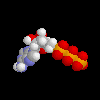
.gif)





